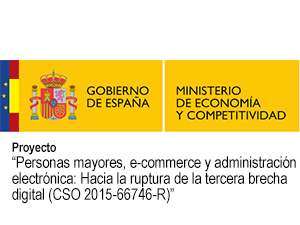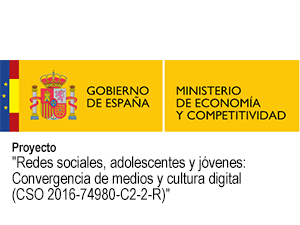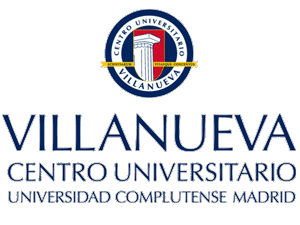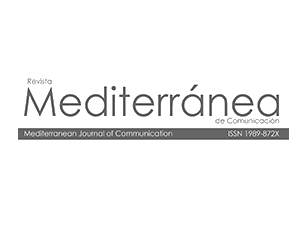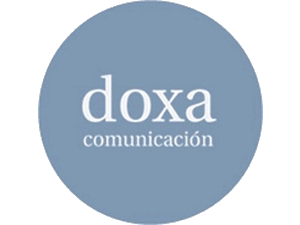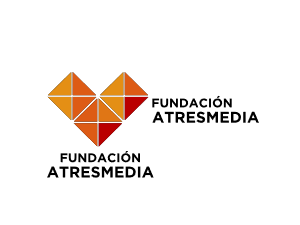Resumen
Autor: Dr. D. Álvaro Muelas Plaza
Institución: Centro Universitario Villanueva
SIMPOSIO: 03
OBJETIVO:
Concienciar a la sociedad de la importancia de desarrollar la educación mediática en estudiantes de secundaria y bachillerato.
En los primeros años del siglo XXI, existe una enorme preocupación por el rendimiento académico de los estudiantes. Desde muchos sectores de la sociedad son constantes las distintas señales de alarma que se infunden sin dar en muchas ocasiones ninguna respuesta. Desde el ámbito educativo, en contacto directo en todo momento con el ámbito familiar, hay que dar las respuestas necesarias para ayudar a los estudiantes a conseguir sus metas académicas.
En una sociedad donde las nuevas tecnologías están adquiriendo un protagonismo principal en todos los procesos de enseñanza-aprendizaje, por parte de los docentes se debe dejar de lado el modelo conductual, en donde el alumno es un mero “recipiente” de los contenidos que el profesor le facilita. Dicho modelo se desarrolló en la primera mitad del siglo XX y realmente imperó durante todo el siglo pasado. En el modelo conductual, lo importante era que el estudiante dijera correctamente el resultado final de la operación realizada, sin importar el modo y empleo utilizado hasta conseguir decir la respuesta.
En la segunda mitad del siglo XX, la corriente educativa que se ha desarrollado, vigente en la actualidad, es el modelo cognitivo, en donde el estudiante es el protagonista del aprendizaje. El docente es un mero acompañante del proceso de enseñanza-aprendizaje del alumno, siendo un facilitador de las herramientas necesarias para que el estudiante aprenda de un modo crítico y constructivo, haciendo que su aprendizaje en todo momento sea significativo (Ausubel, 1969). Por ello, siguiendo el mencionado modelo cognitivo, la educación mediática juega un papel fundamental, debido a que trata de dar a conocer a los alumnos el entorno de los medio de comunicación y facilitarles las herramientas necesarias para que desarrollen su capacidad crítica y creativa.
METODOLOGÍA
La metodología empleada en esta investigación ha sido activa y participativa, a través de los 70 estudiantes de la muestra utilizada, divididos en dos grupos de 35 alumnos cada uno.
RESULTADOS
A la hora de llevar a cabo esta investigación, se ha trabajado con dos grupos de 35 estudiantes de bachillerato, del itinerario de ciencias sociales, de la asignatura de psicología. En uno de ellos, el profesor ha empleado el modelo conductual (tradicional) y en el otro se ha trabajado el modelo cognitivo. Los resultados obtenidos en las calificaciones de dicha asignatura es que en el grupo del modelo conductual, los estudiantes han obtenido una calificación media de 6,70 y en el grupo del modelo cognitivo, la media de sus calificaciones ha sido de 8,80.
CONCLUSIONES:
Los resultados obtenidos muestran como los estudiantes que han trabajado desde una metodología cognitiva y desde una educación mediática, obtienen mejores resultados en la asignatura de psicología que los estudiantes que han trabajado desde una metodología conductual.
Palabras claves: Modelo conductual; Modelo cognitivo, Aprendizaje Significativo; Estudiante; Educación Mediática
Palabras Clave /
Abstract
Author:Dr.D.Álvaro Muelas Plaza
Institution: University CenterVillanueva
Symposium:03
Objective:
to make the society aware of the importance of developing media education in secondary and high school students.
In the early years of the 21st century, there is a huge concern for students ‘ academic performance. From many sectors of society are constant the different alarm signals that are infused without giving many times no response. From the educational level, in direct contact at all times with the family environment, we must give the necessary answers to help the students to achieve their academic goals.
In a society where the new technologies are acquiring a main role in all the teaching-learning processes, teachers must leave aside the behavioral model, where the student is a mere «recipient» of the contents that The professor makes it easy for him. This model was developed in the first half of the twentieth century and really prevailed throughout the last century. In the behavioral model, the important thing was for the student to correctly say the outcome.
In the second half of the twentieth century, the current education that has developed, currently in force, is the cognitive model, where the student is the protagonist of learning. The teacher is a mere companion of the teaching-learning process of the student, being a facilitator of the necessary tools for the student to learn in a critical and constructive way, making their learning at all times meaningful ( Ausubel, 1969). Therefore, following the aforementioned cognitive model, media education plays a fundamental role, because it tries to make students aware of the environment of the media and provide them with the tools necessary to develop their capacity Critical and creative.
Methodology:
The methodology used in this research has been active and participatory, through the 70 students of the sample used, divided into two groups of 35 students each.
Results
At the time of carrying out this investigation, has worked with two groups of 35 students of baccalaureate, of the itinerary of social sciences, of the asignatura of psychology. In one of them, the teacher has used the behavioral model (traditional) and the other has worked the cognitive model. The results obtained in the qualifications of this subject is that in the behavioral model group, students have obtained an average rating of 6.70 and in the Cognitive model group, the average of their grades has been 8.80.
Conclusions:
The results obtained show how students who have worked from a cognitive methodology and from a media education, get better results in the course of psychology that students who have worked from a Behavioral methodology.
Keywords: behavioral model; Cognitive model, meaningful learning; Student Media education
Keywords /
FIRMANTES
| Nombre | Adscripción | Procedencia |
|---|---|---|
| ÁLVARO MUELAS PLAZA | CENTRO UNIVERSITARIO VILLANUEVA | MADRID |






